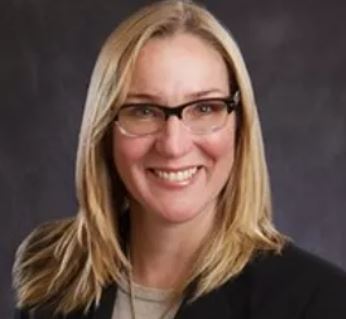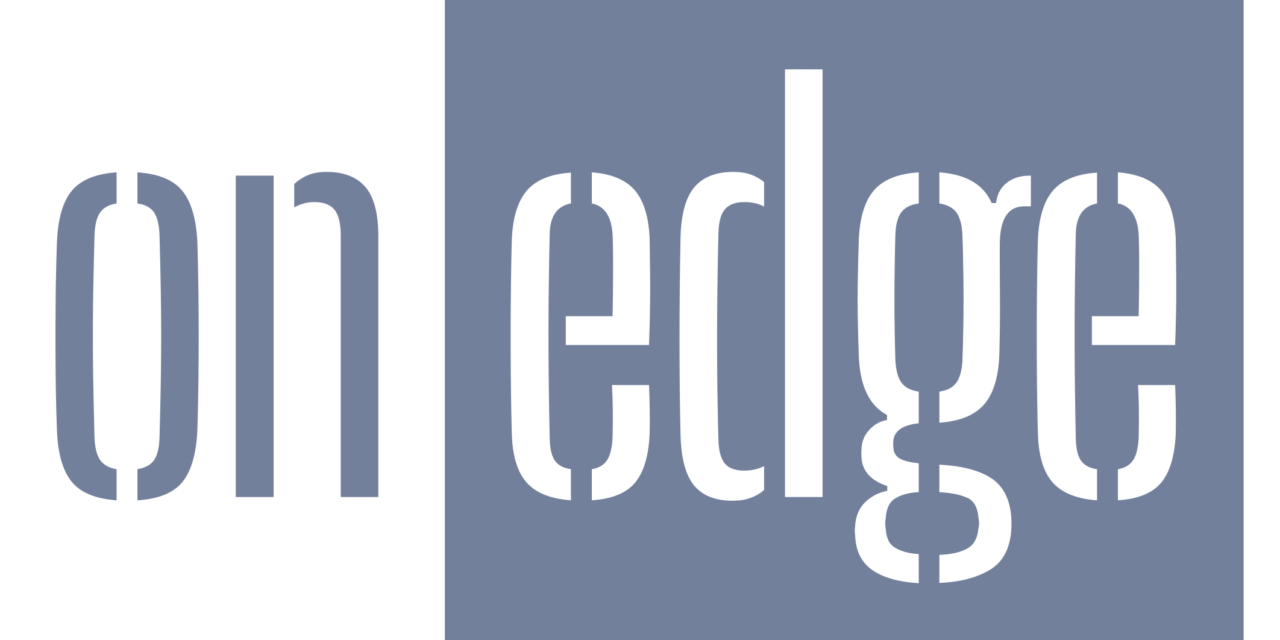Becky Gray is the Director of Housing in Chaffee County. Since the county has been in a housing crisis for some years now, her job is already filled with daily stressors. The COVID-19 pandemic only adds to that stress.
“This year I have really noticed post pandemic, that my professional colleagues have been more open and more grateful to sharing honestly the mental stresses that we’re feeling,” said Gray when asked how mental health has impacted her year. “That’s new and I hope it stays because I think it helps us realize that we’re all humans doing our jobs. That human element does impact the work that we’re having.”

Becky Gray, Chaffee County Director of Housing. Photo Courtesy Chaffee County Housing + Health Initiative
Gray has been an advocate for social equity and affordable housing since she experienced her own housing insecurity in the 1990s. She began her career as a research assistant in Tulsa, Oklahoma where she evaluated the effectiveness of mental health interventions offered to people experiencing chronic homelessness.
Gray then obtained a Bachelor of Liberal Arts from Rogers State University and a Masters in Technical and Professional Writing with an emphasis in writing for the government from Pittsburg State University. Gray went on to serve 12 rural counties on the southeast corner of Kansas as the Director of Research, Planning, and Grant Development for a non-profit focused on ending the causes and effects of poverty, then became the Director of Housing in Community Development for the City of Pittsburg, Kansas. She made her way back to her home state of Colorado in 2018 where she currently serves as the Director of Housing.
This is her story.
“I think I can say that my personal mental health, and I have so many privileges around that, I’m still recognizing that I have difficulty focusing for longer periods of time and I have difficulty focusing on extensive details for an extended period of time. So where I used to jump into a technical document and revise and draft for a two hour stretch, I have to really break it up into thirty-minute chunks if I want to be productive at this moment. So that’s changed the way I schedule my work, I think the quality is still the same, but it seems more daunting.”
Gray and her team left the office in March and have spent most of the pandemic working remotely. When case numbers were low, she would sometimes find herself at the office, able to focus on work as if the pandemic wasn’t happening.
“There’s a lot lost with a team when you’re working on Zoom versus when you’re working in the same room. The tools that we’ve become accustomed to using like whiteboards, projectors, sticky notes and those kind of brainstorming and planning activities and the tools that support them all switched online. While Zoom has been a blessing and Google has been a blessing, they’re new tools, so for someone more seasoned in their career like myself who’s really used to sticky notes and whiteboards, it’s been a big shift.”
“There was a period, probably April or May, when I had to pause a lot of the day-to-day work I was doing in order to watch some YouTube videos and professional development. I felt like I was less productive for a while because I was learning the new tools. From my perspective, I’m used to being incredibly productive every day and so it was really hard for me to admit that I didn’t know how to use these tools as well and I needed to downshift that productivity for a minute and ramp up my professional development.”
“That was a difficult thing to do at first because I felt like I was doing my job if I was learning how to do new things. When I step back and think about it, there’s no reason for me to have felt like I was being nonproductive because you have to learn how to use the tools you have around you. It was just new. It was another challenge.”
“I’ve learned to be more compassionate and forgiving towards myself. I wasn’t at first and it was very, very difficult. Fortunately, I have a great support network and a lot of professional colleagues that share mental health resources. My professional relationships seemed to be more open in sharing the struggles that we’re all facing.”
Asked what has been most difficult this year in relation to mental health Gray said, “one lens is thinking about tenants and homeowners who are facing housing insecurity because of COVID and fielding an increase in calls about that housing insecurity — then having the resources that can adjust the housing security [options] that are either new or in development. So that has been a major stressor I believe. In navigating some of the community phone calls I receive regarding housing and security and just not having both feet on the ground in what my answer should be.”
“The other piece to that same puzzle is the unknown,” she continued. “Like what’s going to happen when the eviction memorandum lifts? Or when the federal or state resources that are helping support people through this expire and not knowing what that impact is going to be locally? How do you plan for an impact that is full of unknowns? So that’s I think, one major impact. The other is the flip side, not necessarily working with tenants, but community partners and doing community engagement and strategy building and doing the things online we used to do in-person.”
“I’ve already mentioned the tools are all different, but the interpersonal relationships are different too. Sometimes we’re looking at a blank screen instead of someone’s camera being on. Typically, people’s body reactions give you a lot of information on how they feel about the conversation and when we’re on Zoom you don’t get to see all of those more subtle inputs into the conversation. So I think that has also been a major stressor.”
“How do we continue to engage the community and empower the community in a positive way,” she added, “… and come to agreements on really difficult conversations when the communication patterns that we’ve relied on to do those are no longer reliable?”
In regards to how she has been coping Gray explained, “First and foremost is being honest with myself and with my colleagues. I think that has opened some of those doors to the honest conversations with my professional colleagues and that honesty often results in kind of a validation. If I’m feeling overwhelmed and I say that and the other people I’m talking to say the same thing it’s validating,” she said.
It helps me realize I’m not defective and that this is a pandemic and we’ve never done this before,” Gray added with a laugh.
“Personally the most important thing I have found is that I need to leave the house every day, she said laughing. “I need to put on shoes and I need to go out in the sunshine and take a walk, take a hike, even just sit on the porch and soak up some sunshine; that’s been really helpful.”
“To cope with the isolation I’ve been making a personal effort to contact the people I love. Even if it’s just postcards or a quick email or extra attention on Facebook. Whatever it might be, just a little bit of extra effort to reach out to people I love and then the response I get back is how grateful they were that someone did that and then I feel grateful that they respond. I think that gratitude has really helped me stay out of the doldrums.”
Gray ended with “I think it’s important for everybody to understand that the struggle is real and we’re all feeling it. The more we talk about it the more normal it becomes.”
Editor’s Note: Whatever you’re going through, crisis counselors and professionally trained peer specialists are available to help. Call Colorado Crisis Service hotline at 1-844-493-TALK(8255). There is no wrong reason to reach out.
Visit https://arkvalleyvoice.com/on-edge/ to read more OnEdge interviews.
#NewsConeeds
#CoLab
#OnEdge







Recent Comments